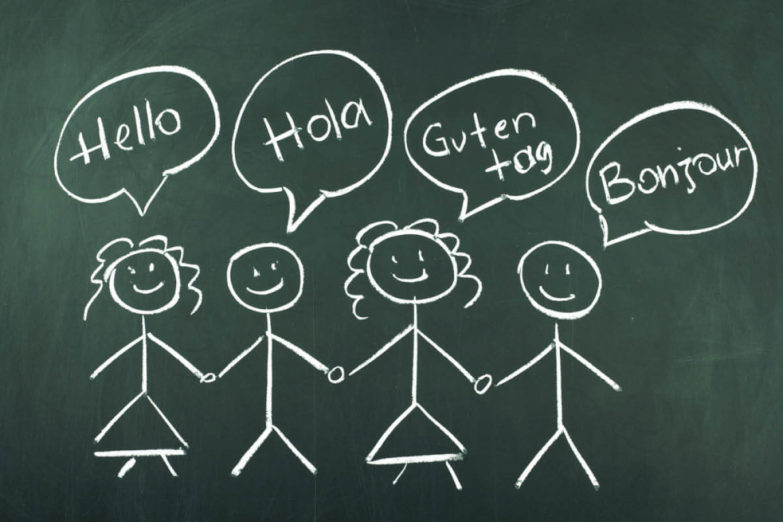Dictionary

Money makes the world go round – every day we use it, think about it, talk about it. It is therefore no surprise that English uses it in a number of idiomatic expressions as well, but money also talks in other languages. The people over at gocompare.com looked at some money idioms from other languages recently and came up […]

At the end of last year, a mammoth update meant that OED subscribers can hear words spoken aloud for the first time, in both British and American accents. Little triangles have appeared next to the transcriptions, and can be clicked to hear the word. It’s now quicker and easier than ever before to find out […]

The main use of hello is, of course, to greet others, and it has many other variants which also are used to greet others, such as hi or hey. The first written recording of this spoken utterance was in 1853 in New York Clipper, ‘Hello ole feller, how are yer?’ ‘Hello’ is also used to […]

Like the combining forms –phobia and –cracy, which we have discussed previously, –mania forms part of numerous English words. While it is commonly used in psychology to describe a type of mental illness, mania can also mean ‘an obsessive enthusiasm for a particular thing’ in a broader, everyday sense. But have a look at our […]

In 2011, a remarkable article appeared in the journal Science that argued, based on a computational analysis of five million books, that “52 percent of the English lexicon—the majority of the words used in English books—consists of lexical ‘dark matter’ undocumented in standard references”. Taken at face value, this might seem like an astonishing claim. Fifty-two […]

Take a cat, a Geiger counter, a radioactive sample that has a fifty-fifty chance of decaying in an hour, some cyanide in a glass phial, and a metal box. Lock the cat into the box together with the other equipment rigged up so that if an atom of the radioactive substance decays it triggers the […]

As an OED editor working mostly on words coming from world varieties of English, I am always fascinated by the research that goes into every dictionary entry, and what it tells me about the culture and history of English-speaking communities in different parts of the globe. Every once in a while, I also get the […]

Until recently, all I knew about Pokémon was this joke, a distant memory from the school playgrounds of my youth: ‘How do you get a thousand Pikachus on a bus?’ ‘You Poke-em-on’. Whenever anyone brought up the topic of the strange Japanese video and card game – and it wasn’t often – I would just […]
Tweets
From teaspoons to tea-sots: the language of tea – oxford.ly/1J1qVj5 pic.twitter.com/IAODxb5wz9
The etymology of the word ‘evolution’: oxford.ly/1H3mvsC pic.twitter.com/NbphlGbJQR
Excited about the #NightTube? Find out how London tube stops got their names: bit.ly/1SOABp1 pic.twitter.com/33AGQuZaEx
Word of the Day: kulfi - a type of Indian ice cream…... ow.ly/j9KG503EKhs
What does it mean to live ‘like a maggot in bacon’? Money idioms from around the world: bit.ly/2b97JYj pic.twitter.com/tS1jZ8eQ7O